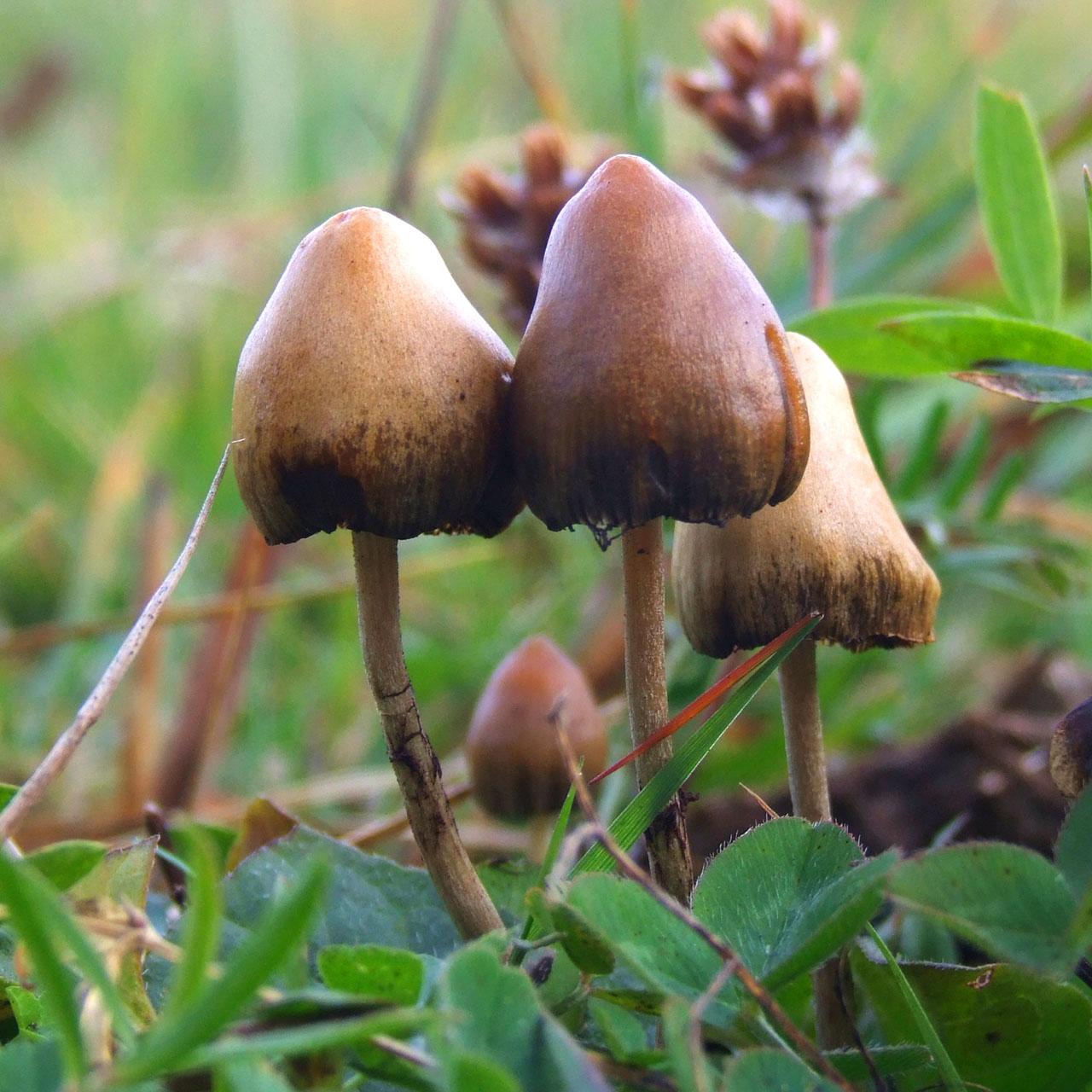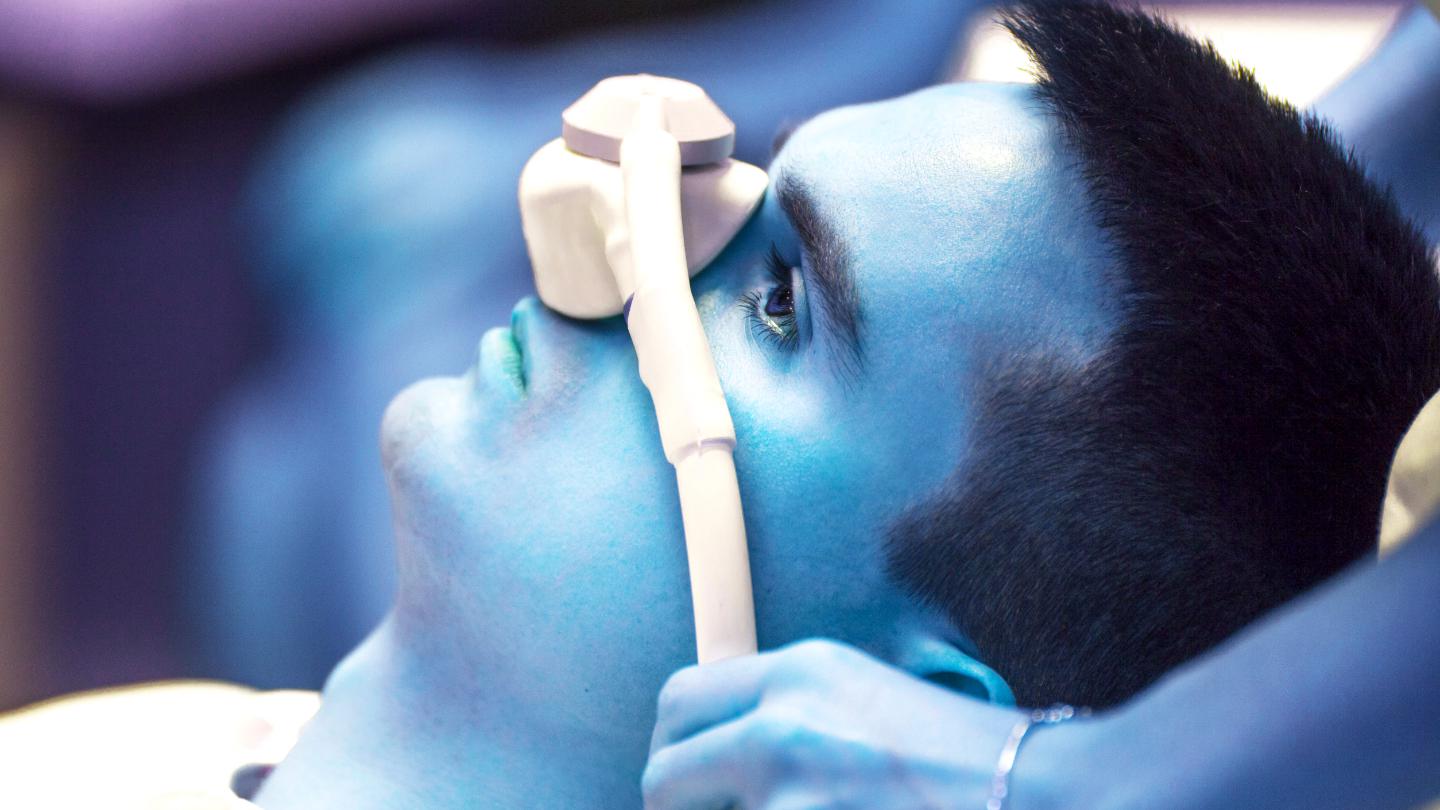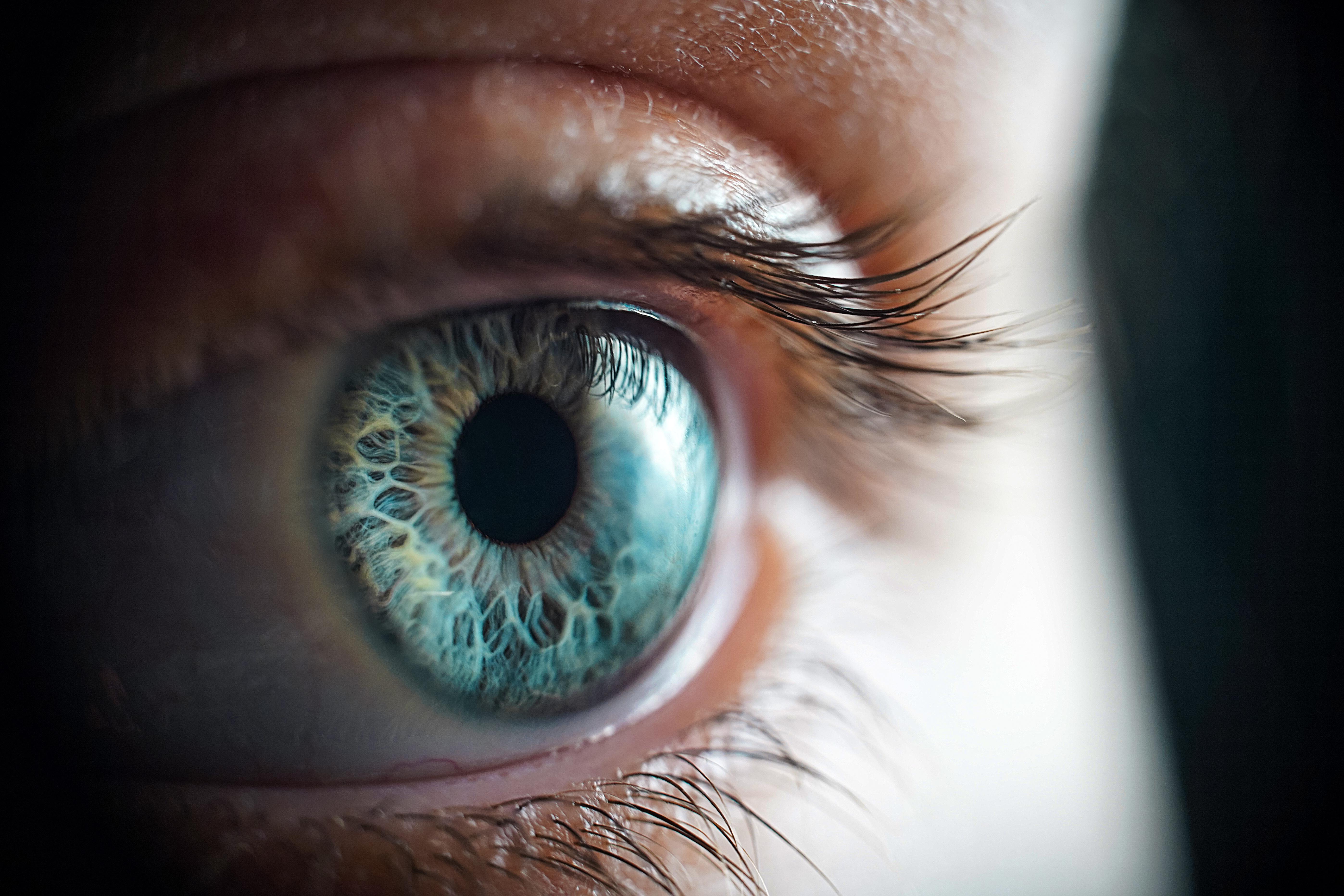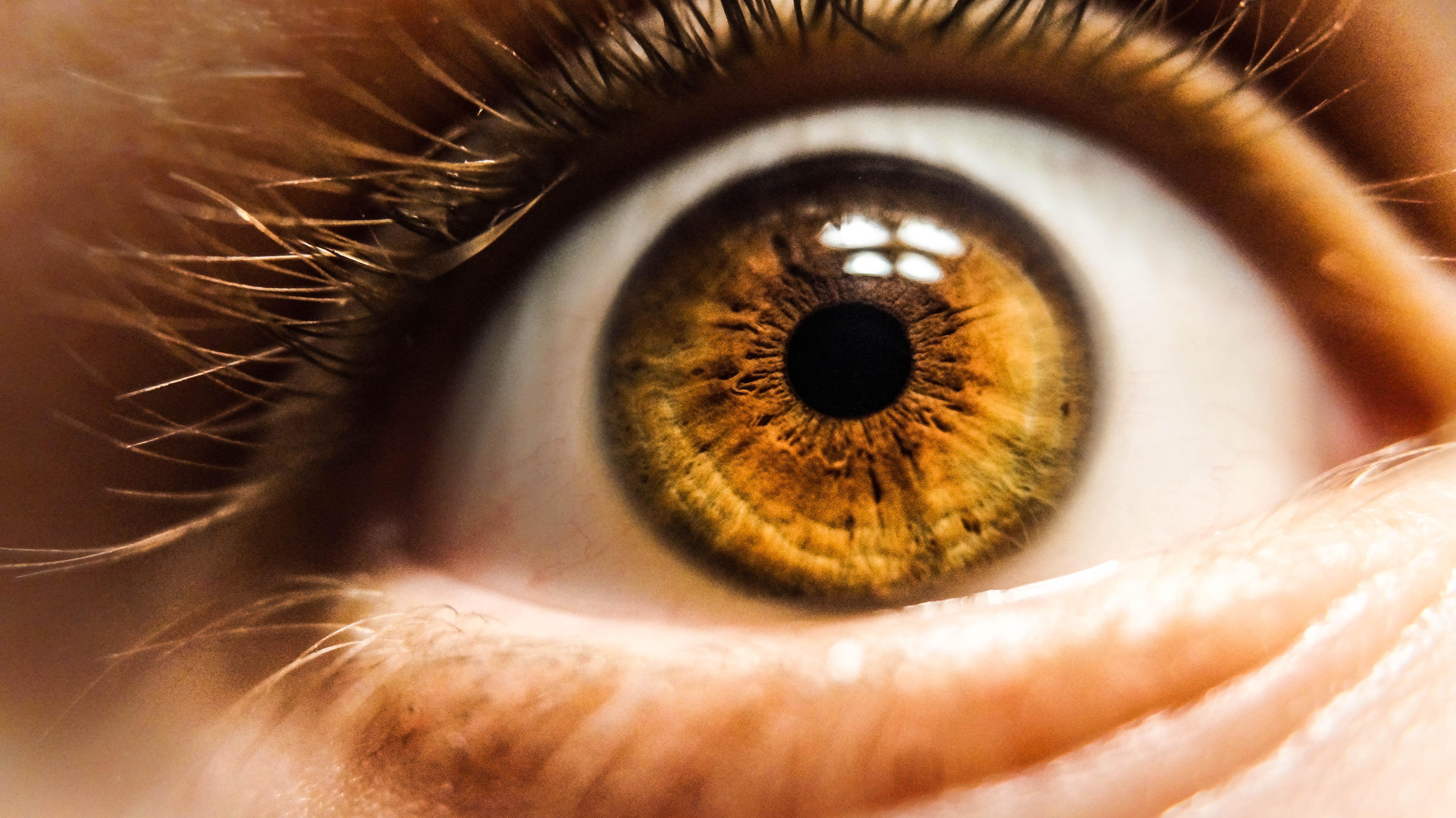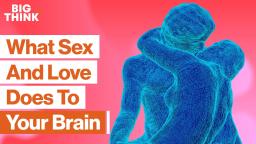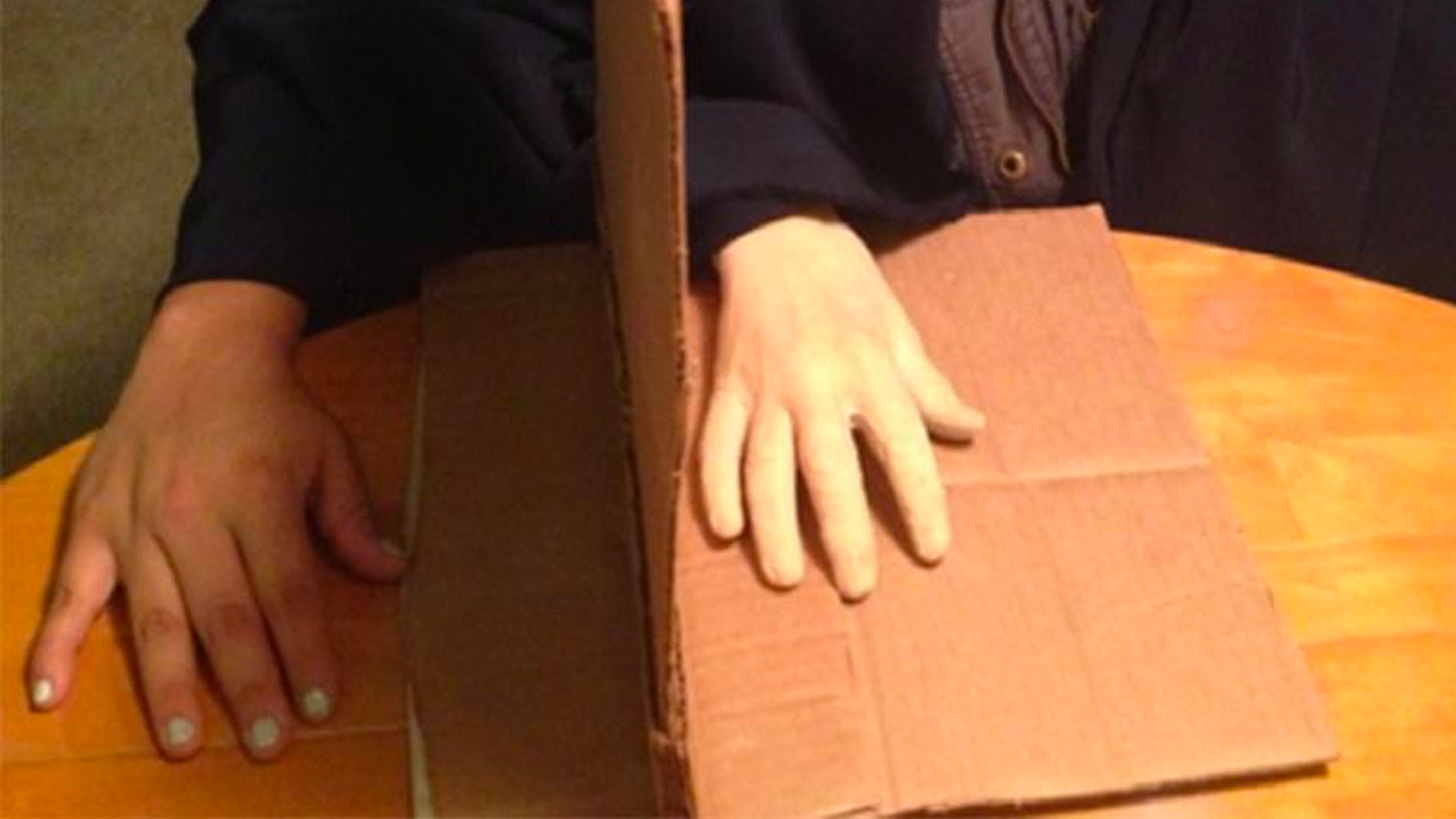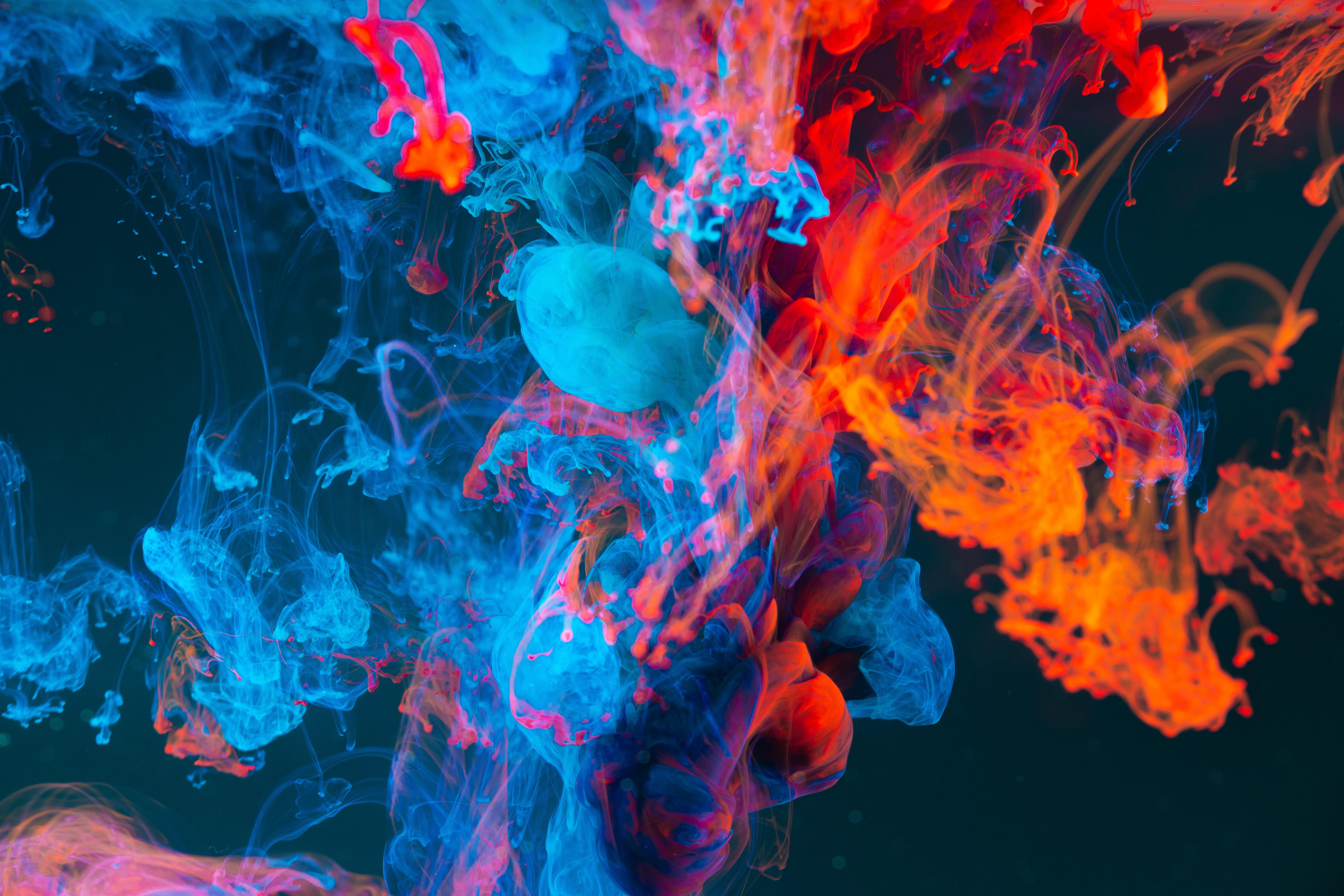Neuropsych
All Stories
Theoretical physicist Leonard Mlodinow offers three strategies for relaxing your cognitive filters to give your brilliant ideas time to shine in the spotlight of the conscious mind.
Attempts to normalize abnormal development could prevent individuals in need of help from seeking it.
He’s studied apes for 50 years – here’s what most people get wrong.
▸
6 min
—
with
Psychedelics have been shown to help reduce depression. This study may show us why.
Brain-based technologies of spiritual enhancement can induce mystical experiences in many people on demand. What does this mean for spirituality today?
Are you getting a full 8 hours?
The evidence for a link between time spent using technology and mental health is fatally flawed.
What most people don’t realize is that everyone’s imagery is different.
Laughing gas may be far more effective for some than antidepressants.
Maybe eyes really are windows into the soul — or at least into the brain, as a new study finds.
The experience of life flashing before one’s eyes has been reported for well over a century, but where’s the science behind it?
The symbol for love is the heart, but the brain may be more accurate.
▸
14 min
—
with
A well-known psychology trick called the “rubber hand illusion” could be useful for treating patients with obsessive-compulsive disorder.
This discovery could lead to better treatments for PTSD, borderline personality disorder, and epilepsy.
The treatment is here, but are we ready?
Participants with high levels of narcissism showed high levels of aggression, spreading gossip, bullying others, and more.
Participants were asked to complete a simple attention task as well as a more challenging “placekeeping” task.
A lithium imbalance appears linked to suicide.
People who go ballistic over other people’s eating sounds aren’t just cranky — they have misophonia.
Neuroscience explains terrifying ordeals, from out-of-body experiences to alien abductions.
Scientists successfully trained people to use robotic extra thumbs, suggesting body augmentation could revolutionize future humans.
Science journals may be lowering their standards to publish studies with eye-grabbing — but probably incorrect — results.
Dreams are weird. According to a new theory, that’s what makes them useful.
Ever lose track of time while doing something? It gets worse with a VR headset on.
The way you speak might reveal a lot about you, such as your willingness to engage in casual sex.
Who needs steroids when you have the placebo effect?
Like autism, ADHD lies on a spectrum, and some children should not be treated.
Our love-hate relationship with browser tabs drives all of us crazy. There is a solution.
A new study used functional near-infrared spectroscopy (fNIRS) to measure brain activity as inexperienced and experienced soccer players took penalty kicks.



